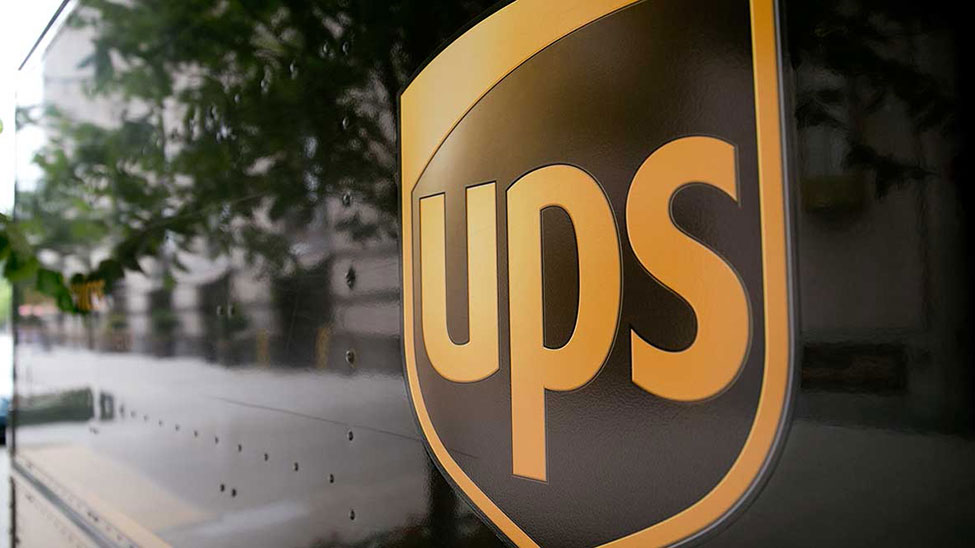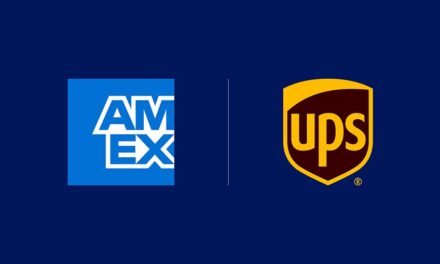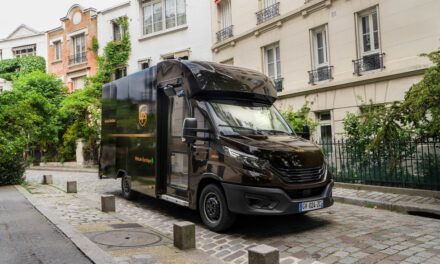
UPS reduces its carbon footprint in Denmark and Sweden

UPS has deployed five eBikes in Copenhagen, one in Stockholm and one in Aarhus as part of its global effort to improve the sustainability of its deliveries.
As a result of these new alternative fuel vehicles being introduced, UPS operates three fewer 7.5-tonne diesel delivery vehicles in Denmark and one less diesel delivery vehicle in Sweden every day.
Frank Jørgensen, country manager, UPS Nordics comments: “By replacing 240 daily stops of fossil fuel vehicles in Copenhagen, 60 in Stockholm and 50 in Aarhus with eBikes, we are helping to reduce emissions and congestion in city centres. Copenhagen and Stockholm plan to be carbon-neutral cities by 2025 and 2040 respectively, and as a company looking at ways to reduce our carbon footprint, we are proud to be part of this effort,”
“UPS has set itself the ambitious goal to reduce the absolute greenhouse gas emissions of its global ground operations by 12% by 2025. Increasing our use of eBikes is an important part of how we plan to achieve this goal,” he adds.
Deliveries and pick-ups are done using electrically-assisted bikes with a box unit up front that can carry up to 100 kilograms. From neighborhood hubs located at UPS Access Point locations, convenient pick-up and drop-off points at local stores and businesses, UPS employees pick-up and deliver packages in Kungsholmen in Stockholm, Islands Brygge, Frederiksberg, Nørrebro, and Østerbro in Copenhagen, and in the center of Aarhus.
The success of UPS’s eBike and City Logistics solutions were first demonstrated in 2012 in Hamburg, Germany. The company also operates inner-city delivery projects with delivery on foot and by bike in more than 30 major cities in Europe, including Leuven, Belgium; Paris and Toulouse, France; Cologne, Dortmund, Frankfurt, Hamburg, Herne, Karlsruhe, Mannheim, Munich, Offenbach, and Oldenburg, Germany; Dublin, Ireland; and London, UK.
Using its “rolling laboratory” approach, UPS has deployed more than 10,000 low-emission vehicles worldwide to determine which alternative fuel and advanced technology vehicles work best in various routes and duty cycles. This includes all-electric, hybrid electric, hydraulic hybrid, compressed natural gas (CNG), liquefied natural gas (LNG) and propane.










